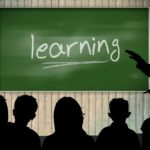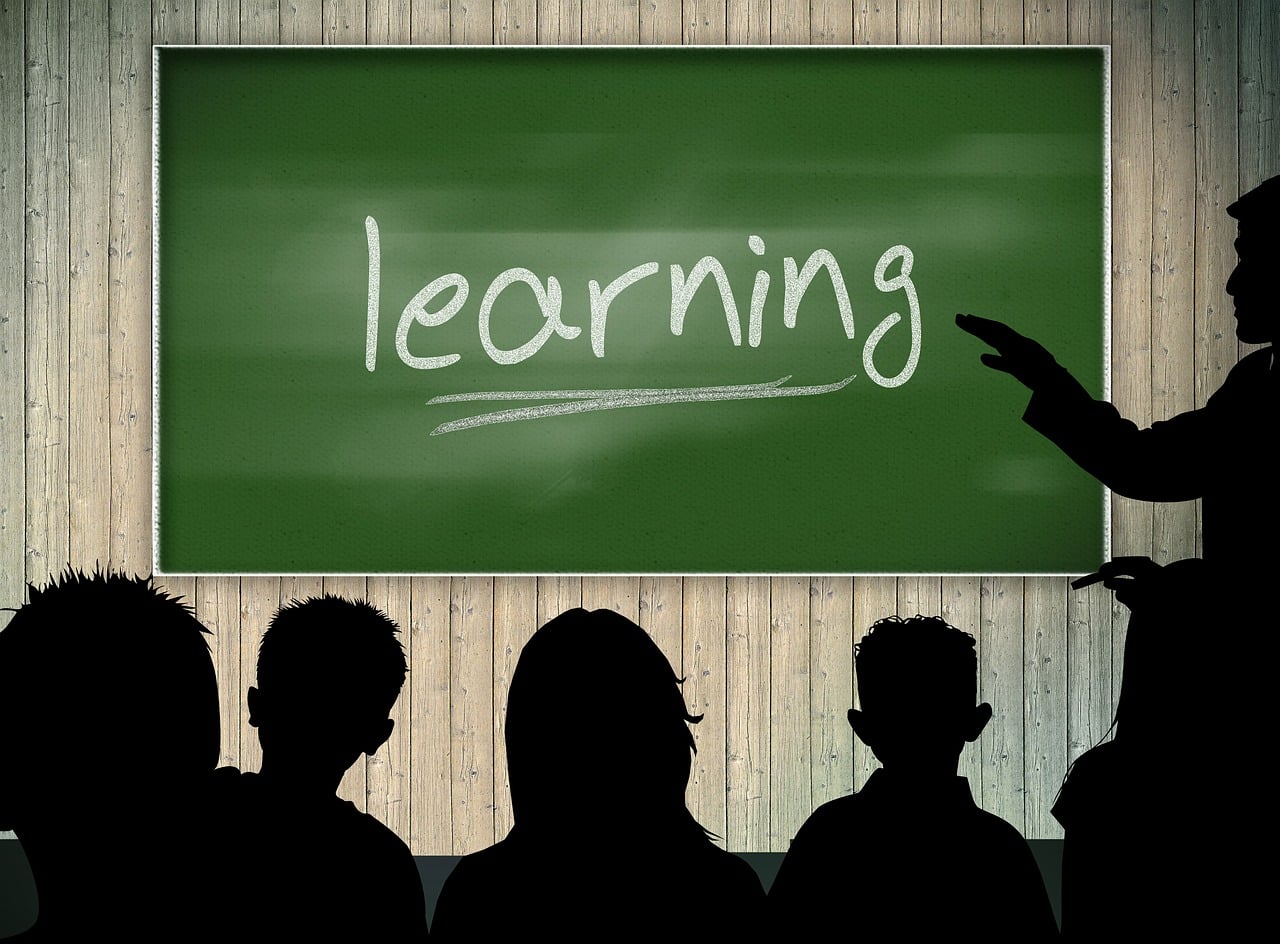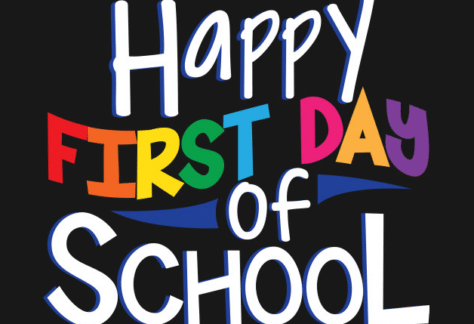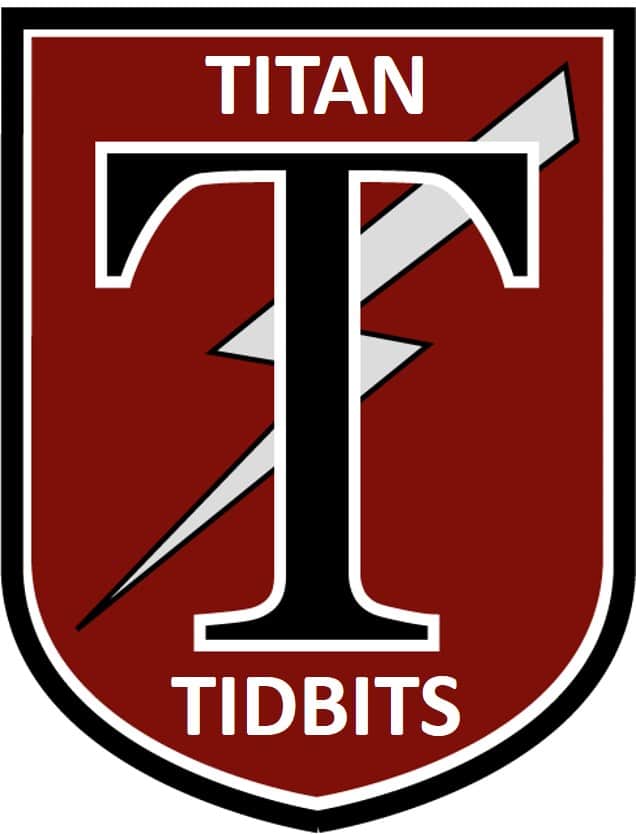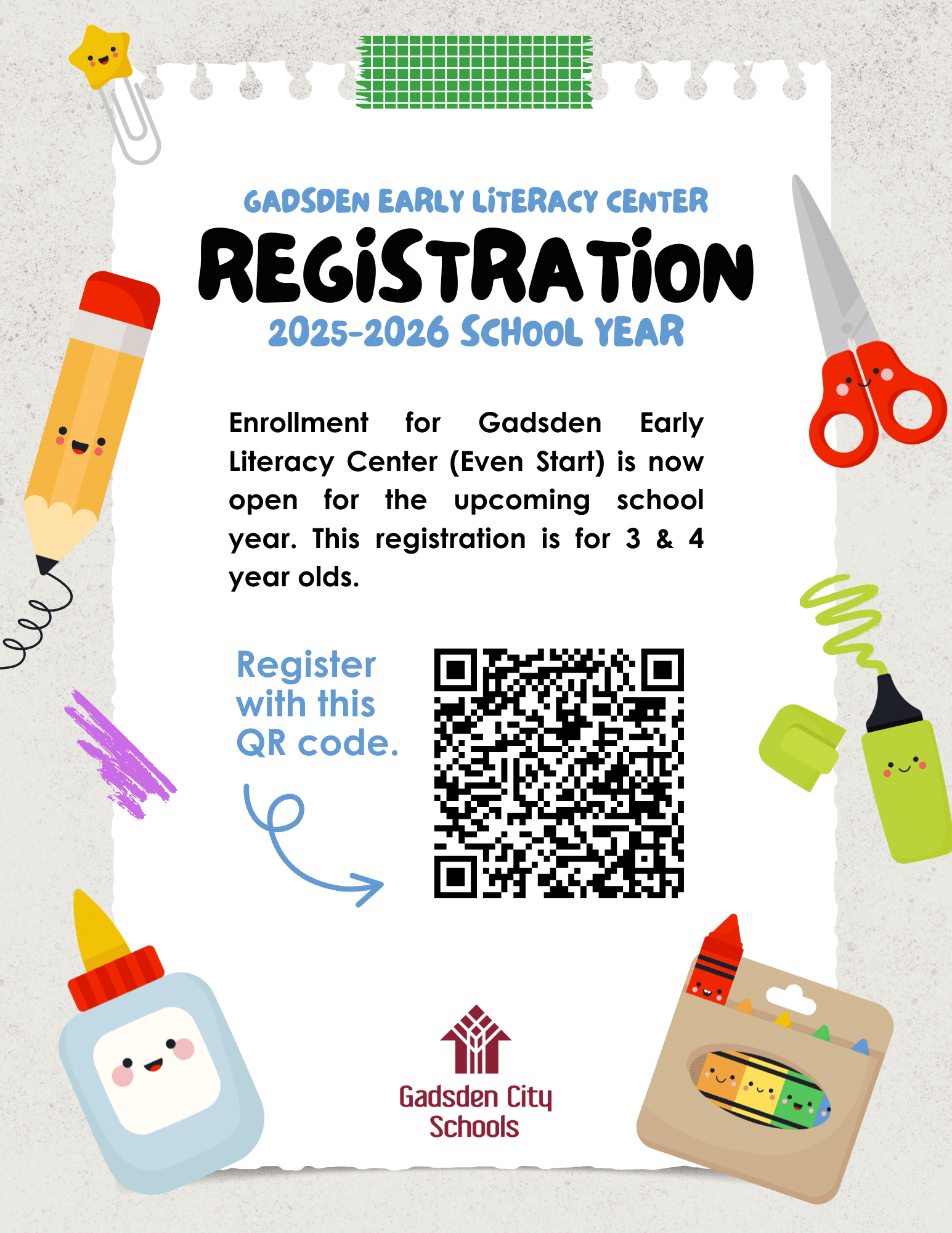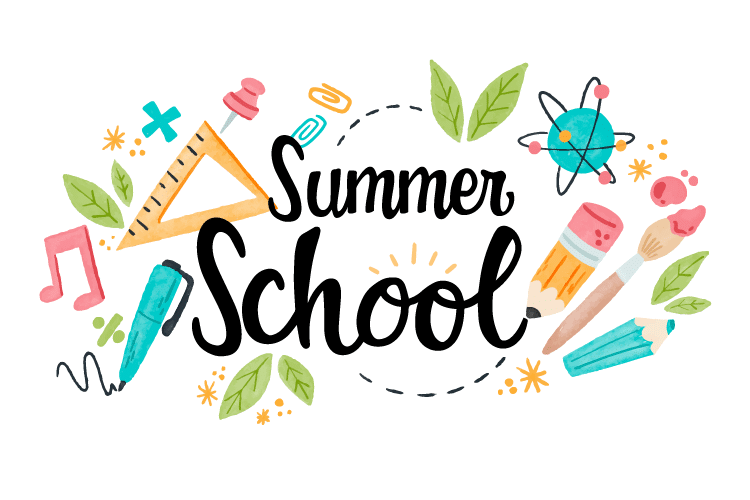My Belief: What Education Is?
Before a person can state his or her teaching philosophy, I believe one must consider what education is to that individual. Webster’s Dictionary defines education as, “the action or process of teaching someone especially in a school, college, or university”. It is my belief education is much more than this. Learning is a life long process that stretches far beyond the walls of a school setting and touches the lives of all individuals, regardless of age, gender, or ethnic background. As an educator, I believe knowledge is power; thus, education brings about freedom for all. I feel education is much more than learning facts, but knowledge that must be transferred and applied to new areas or contexts to bring about needed change or understanding. My job as an educator is to facilitate this type of constructive learning through appropriate learning experiences that are built around my students’ needs whether the needs are educational, emotional, social, or behavioral.
As part of my teaching philosophy, I believe in the principle that all students regardless of cognitive development, social ability, or economic statue have the ability to learn and gain knowledge. I feel it is the teacher’s responsibility to bring new knowledge to students through meaningful learning experiences that spark transfer of understanding through appropriate strategies that meet the students’ areas of needs, while also creating new authentic situations for the students to learn from. This belief is what I base my teaching philosophy from.
The Role of Education
The role of education is not just to instill knowledge in students, but to also provide them with life-skills that they can use throughout their life in society to become productive citizens. It is my belief that through meaningful educational experiences, a person can build personal beliefs (character), effective social skills, and discover the gifts or talents one possesses that he/she can utilize for future endeavors. As educators, it is important for us to remember that the lives we touch in the classroom will build the future for generations to come.
I believe that in the classroom teachers are not just teaching facts, but are also giving students life skills that will be used throughout their lives in society. It is my belief these life-skills are taught through expanding a student’s knowledge base, students learning from his or her self, and learning from others. When constructing learning opportunities, I build upon student’s background knowledge. A student’s background knowledge is very important to the learning process because it is where a teacher can construct and inspire new understandings, while leading to deeper knowledge. I believe in the principle students can foster their own learning. Teachers must ensure that students understand that we can bring them knowledge and help them in the learning process, but it is each student’s responsibility to take an active role in their learning. Therefore, as a teacher it is my responsibility to construct learning experiences that encourage my students to want to participate in their learning and seek out ideas that spark their curiosity. Students should not only know how to be in-charge of their own learning, but they must learn how to gain knowledge from others. I firmly believe that learning is best facilitated when students are given the opportunity to learn from one another. This learning structure allows students to learn how to collaborate and compromise with others. I feel these are crucial skills that are needed to be successful in life. It is my belief that students can learn these three components through real-world structured lessons, which can be used to prepare students for life in society.
The Role of Education Regarding Special Education in Secondary Schools

My goal as a special education teacher is to create a positive learning environment for my students to achieve at their optimal level of performance. My goal is to know my students at a deeper level, where I can tailor instruction that uses appropriate instructional strategies that would not only meet my students’ learning needs, but benefit them in terms of learning styles. I believe instruction needs to be provided to students in a systematic way that it not only creates transfer of knowledge, but gives students opportunities to be successful in their learning process. I feel my job as a special education teacher at the secondary level is not only to help students learn, but to guide them in the process of becoming adults. I will accomplish this feat by crafting situations that encourage student to discover and apply what they know to make real-world decisions that will later prepare them for life in society.
Educational Beliefs: Effective Teaching Strategies/ Methods & Assessments
I believe the instructional strategies by a special education teacher should reflect the needs of his or her pupils and cater to each student’s unique learning style. I believe in the principle that instructional tools used should be centered on student learning, not centered on knowledge provided by the teacher. In addition, I believe that the learning techniques or method chosen should create situations that provoke students to make discoveries in their own learning process (e.g. class discussions or have students create something), seek to gain knowledge and understanding from peers (e.g. cooperative groups), and aid students in reflecting on concepts taught (e.g. this can be accomplished through writing prompts or higher thinking questions). It is my belief that instruction should be structured to create authentic, real-world situations where students can explain, utilize and apply knowledge when encountering new contexts (e.g. performance based learning or assessment).
I believe evaluation of learning objectives is vital to the learning process and for an educator to measure if students have met the desired educational goals. It is my belief methods chosen for measuring educational goals should reflect the nature of what the teacher is trying to assess, for example recall of basic facts or is the teacher looking for deeper understanding of the material (transfer of knowledge). This is how I will measure if a student had achieved the desired goal(s) I had set for them. It is the job of the educator to set desired learning objectives (this is very true for special education students), and design appropriate assessments that give evidence that the student met the desired goal. In addition, I believe assessments should be designed to measure several goals (e.g. did the student show appropriate social behaviors when working with a group or did the students problem solve to create the desired artifact of the learning objective). The evaluation process is not just for educators, but students need to reflect on what they have learned. It is the teacher’s responsibility to supply students with opportunities to reflect and evaluate what they have learned, what they may not understand, and what they still want to know about the topic. This type of assessment can enable the learner to obtain a deeper understanding of a concept.
The Role of the Teacher
In the community, I believe I am viewed as an educational leader. As an educational leader, 
As the teacher I have several roles to play. I must not only support students, but student’s parents and other professionals. As part of my educational philosophy, I believe we (students, teachers, and parents) are part of an educational community that should support one another and work as a team. This duty requires me to work along side parents and other educators in forming the best educational plans for student success. In addition, as an educator, it is my job to communicate to the parents how important their role is in their child’s education and encourage them to be a part of their child’s educational experience. Like the role of the teacher, the parents’ help and impact are crucial in the success of student learning. Without their help the child will lack much in social, community, and character skills. It is my belief that all involved in the life of a child should work together as a team for the greater good and success of the child.

